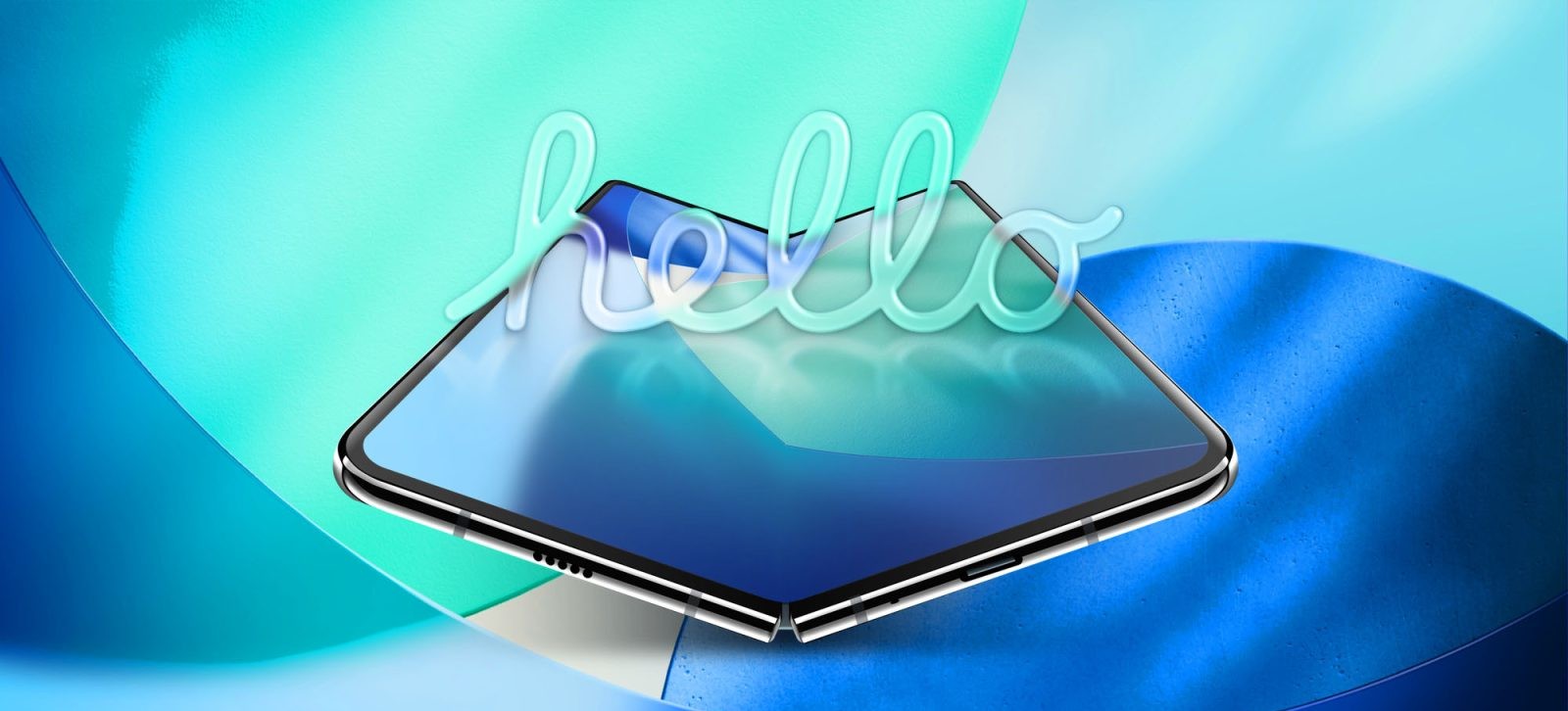In a recent development, Apple has restricted the distribution of iTorrent, a BitTorrent client, through AltStore PAL—an alternative app marketplace available to iPhone and iPad users in the European Union. This action effectively revokes the developer’s rights to publish the app on the platform, cutting off user access to iTorrent.
Background on AltStore PAL and iTorrent
AltStore PAL emerged as a significant alternative app marketplace in the EU, especially following the implementation of the Digital Markets Act (DMA). This legislation mandates that companies like Apple permit third-party app stores on their devices, aiming to foster competition and provide users with more choices. Leveraging this opportunity, AltStore PAL began hosting applications that were traditionally excluded from Apple’s official App Store, including torrent clients like iTorrent and qBitControl.
iTorrent, developed by Daniil Vinogradov (also known as XITRIX), gained popularity among users seeking torrenting capabilities on iOS devices. The app’s presence on AltStore PAL since July 2024 marked a significant shift, allowing EU users to access software functionalities previously restricted by Apple’s policies.
Apple’s Revocation of iTorrent
In July 2025, reports surfaced indicating that iTorrent was no longer available for download via AltStore PAL. Vinogradov confirmed that Apple had revoked his rights to distribute the app through alternative channels. Despite multiple attempts to seek clarification, Apple provided only generic responses, eventually stating that the matter was under review by their escalation team. This lack of transparency left Vinogradov uncertain about the specific reasons behind the revocation.
AltStore PAL co-founder Shane Gill also sought explanations from Apple but received similar vague replies. Gill highlighted that Apple had not previously issued any guidance regarding the distribution of torrenting apps in the EU and had not provided warnings before removing iTorrent.
Notarization Process and Compliance
Apple requires all third-party apps in the EU to undergo a Notarization process, designed to check for malware, fraud, and ensure basic functionality. Notably, Apple has not accused iTorrent of violating these requirements, leaving the exact cause of the revocation ambiguous.
Implications and Industry Reactions
This incident underscores the ongoing tension between Apple’s control over its ecosystem and the EU’s efforts to promote a more open digital market. While the DMA aims to reduce gatekeeping by tech giants, Apple’s intervention in the case of iTorrent raises questions about the extent of control it continues to exert over app distribution, even within alternative marketplaces.
The situation has sparked discussions among developers and users about the effectiveness of the DMA in ensuring genuine competition and whether additional measures are necessary to prevent potential overreach by dominant platform holders.
Conclusion
Apple’s decision to block iTorrent’s distribution through AltStore PAL highlights the complex interplay between regulatory efforts to open digital markets and the actions of established tech companies. As the industry navigates these changes, the balance between platform control and market openness remains a critical and evolving issue.



